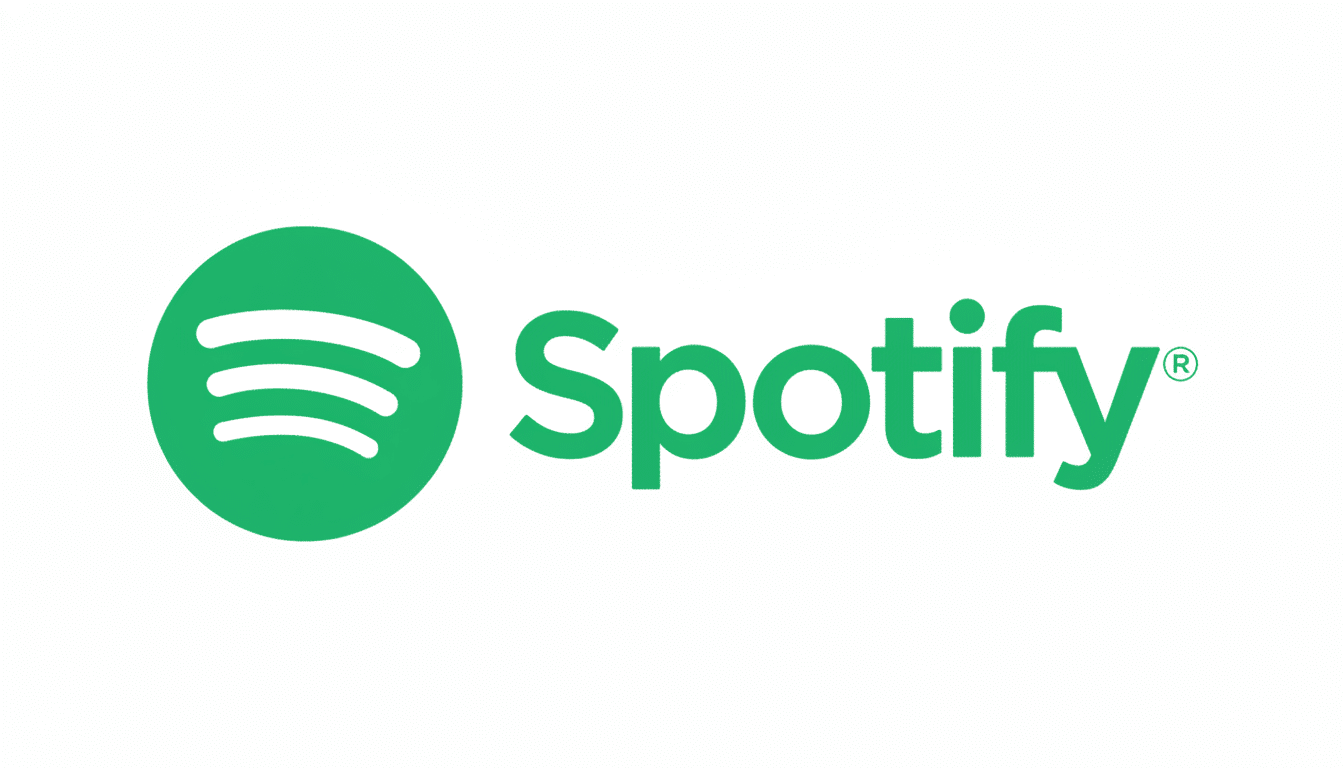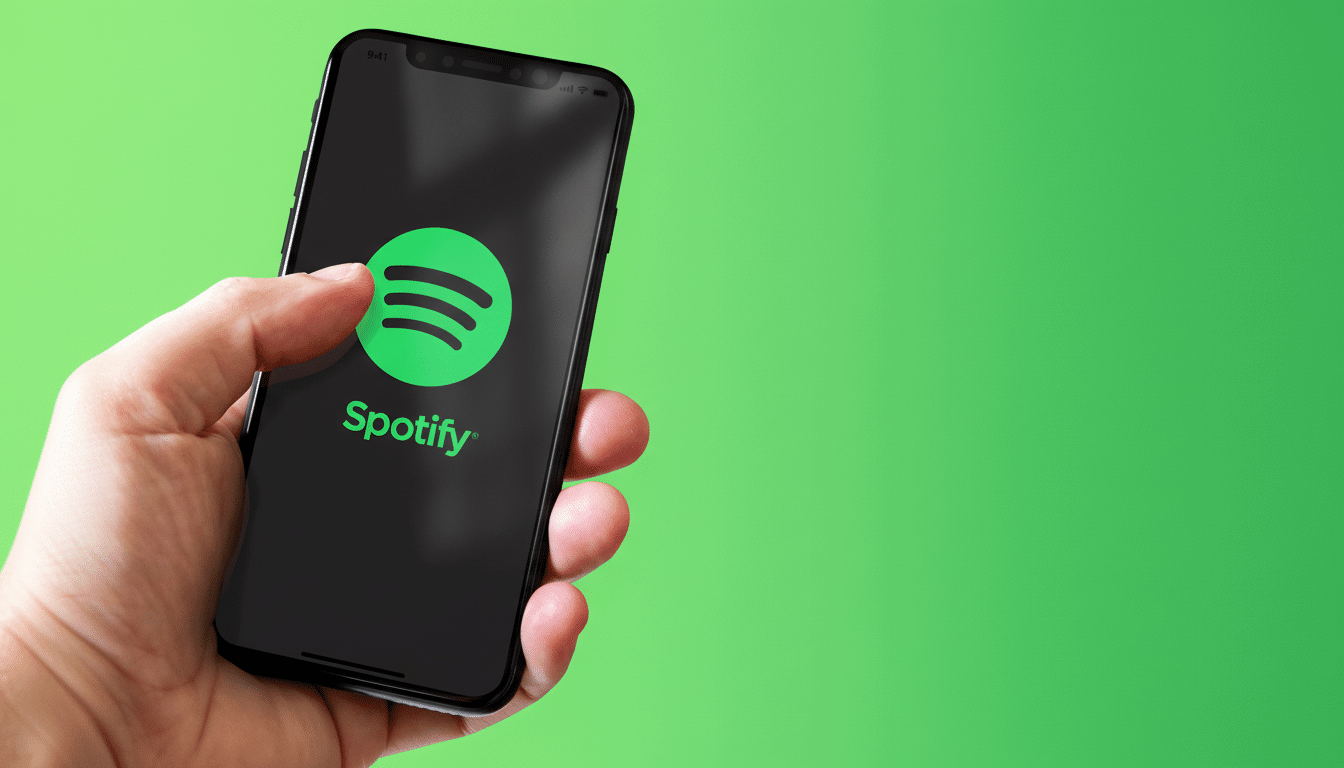Spotify and ChatGPT are coming together to try to make music and podcast discovery more conversational. The new capability allows you to plug your Spotify account into ChatGPT, and then request bespoke recommendations in plain English — no sifting through menus or inputting janky search strings.
How the Spotify and ChatGPT integration works
Begin chatting and bring up Spotify. ChatGPT will ask you to connect your account; once connected, the visual Spotify panel shows up directly inside your chat. Request a song, album, artist, playlist, or podcast episode and you get suggestions that you can tap to open the Spotify app for full playback.
- How the Spotify and ChatGPT integration works
- Free versus Premium benefits for recommendations and playback
- Why discovery matters for conversational music search
- Privacy, data, and controls for your Spotify connection
- Availability and early limitations for ChatGPT with Spotify
- How to get better music and podcast recommendations

The experience is tailored for natural language. You can ask for “melancholic piano tracks for late-night reading,” “Afrobeat from up-and-coming Nigerian artists,” or “interviews on climate tech with founders.” ChatGPT is interpreting intent, whereas Spotify will give you recommendations based on your listening profile and the metadata in its catalog.
Free versus Premium benefits for recommendations and playback
Connecting and recommendations are available for Free and Premium accounts. Free users, overall, are going to draw heavily from editorial and algorithmic anchors like Discover Weekly and New Music Friday for wide-gamut but contextually appropriate things they can sample with ad-supported playback.
Premium users also get more flexibility to work with complex, multi-constraint prompts — think “deep cuts in UK jazz from 2018–2022 with a dominant saxophone” or “podcasts about antitrust regulation presented by academics.” And those richer prompts result in tighter, more personalized sets of tracks or episodes.
Why discovery matters for conversational music search
Already, Spotify’s recommendation engine influences a huge chunk of listening; Discover Weekly and the AI DJ have molded habits at scale. The company now has over 600 million monthly active users, according to recent earnings, which means any change in discovery is reaching a massive audience.
On the flip side, OpenAI has claimed that ChatGPT exceeded 100 million weekly active users. Marrying a top-chart music graph with a conversational interface lowers the friction of “what should I listen to next,” especially for niche or mood-based requests, which traditional search does not do well.
This is also an instructive step in the evolution of recommendation systems. Large language models are great at understanding messy human prompts, and platforms like Spotify specialize in ranking and retrieval over huge catalogs. This integration links the two by moving from discovery through keyword matching to understanding intent.

Privacy, data, and controls for your Spotify connection
Spotify notes that it will not share with OpenAI any music, podcasts, or other audio and video content for use in training. It’s an authenticated link — you’ll need to approve the connection, and you can turn it off at any time through your Spotify account’s app permissions or in your OpenAI settings.
As with any early adoption, there will be some misses. To be clear, not all requests will be fulfilled immediately — especially the most obscure combinations of era, geography, and subgenre. Both companies say they plan to further refine coverage and relevance in the coming weeks.
Availability and early limitations for ChatGPT with Spotify
Spotify within ChatGPT is currently available in English globally, across 145 countries, and works for ChatGPT Free, Plus, and Pro accounts on the web as well as iOS and Android.
You’re not going to see ChatGPT inside the Spotify app; it’s actually Spotify that pops up within your ChatGPT conversations, with playback tethered to the Spotify client.
You still get your rights for playing and skipping along with your Spotify tier. Should a recommendation refer to a Premium-only feature or a track that isn’t available in your region, ChatGPT will provide other suggestions for you, but the actual experience will be limited by what’s accessible in your Spotify account and catalog.
How to get better music and podcast recommendations
Be specific. Terms like genre, mood, tempo, era (or period), geography, and instruments for music. For podcasts, include topic, host, guest, show format, and ideal episode length. Try prompts such as “high-energy indie for a 30-minute run at around 170 BPM” or “policy podcasts with journalists interviewing regulators.”
Iterate. Use ChatGPT to fine-tune or improve — “more female vocal leads,” “less mainstream picks,” or “newer than 2021.” Save good results into playlists as you go. Eventually, you’ll train both the conversation and your library toward what you actually want to hear.

